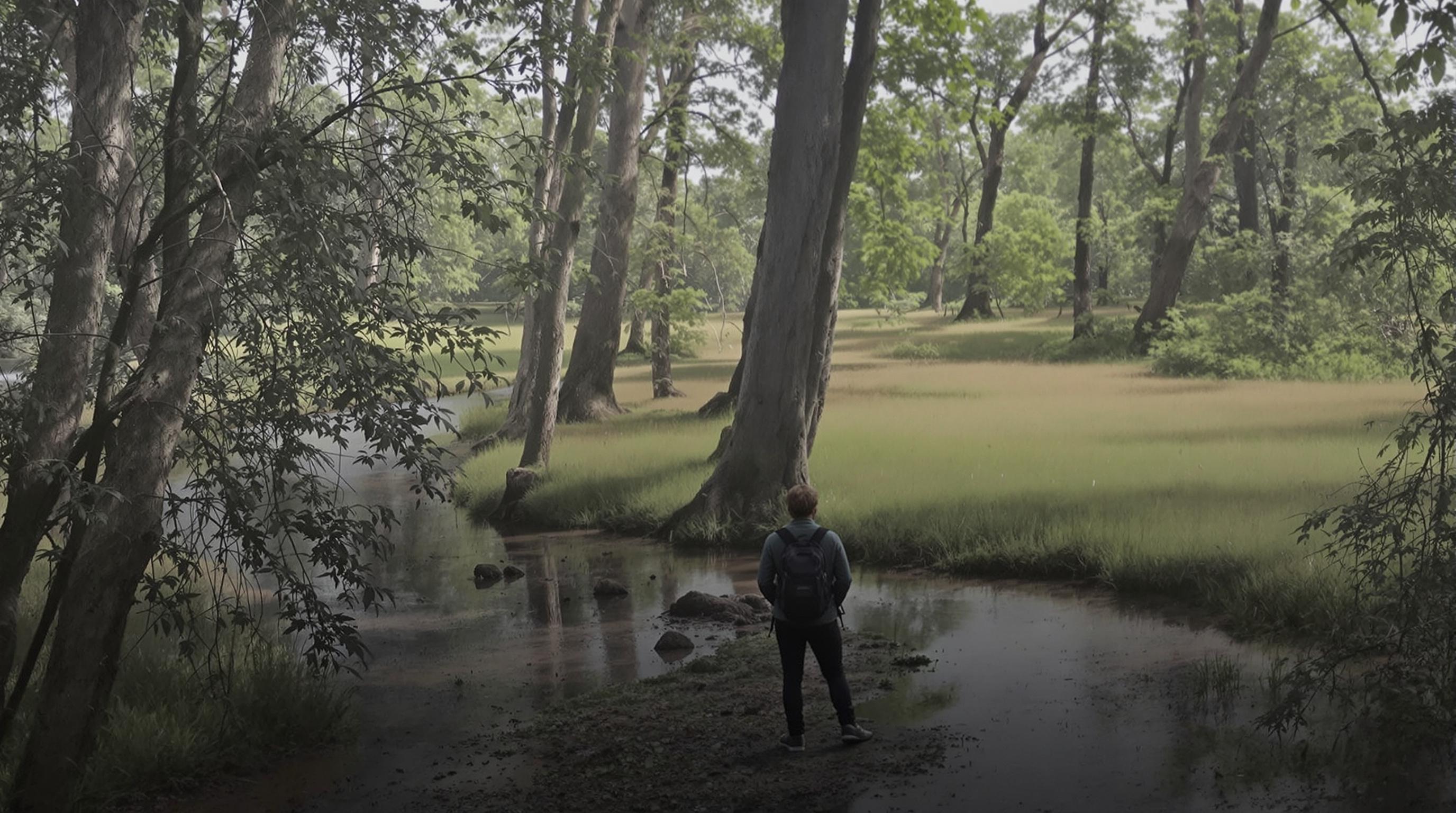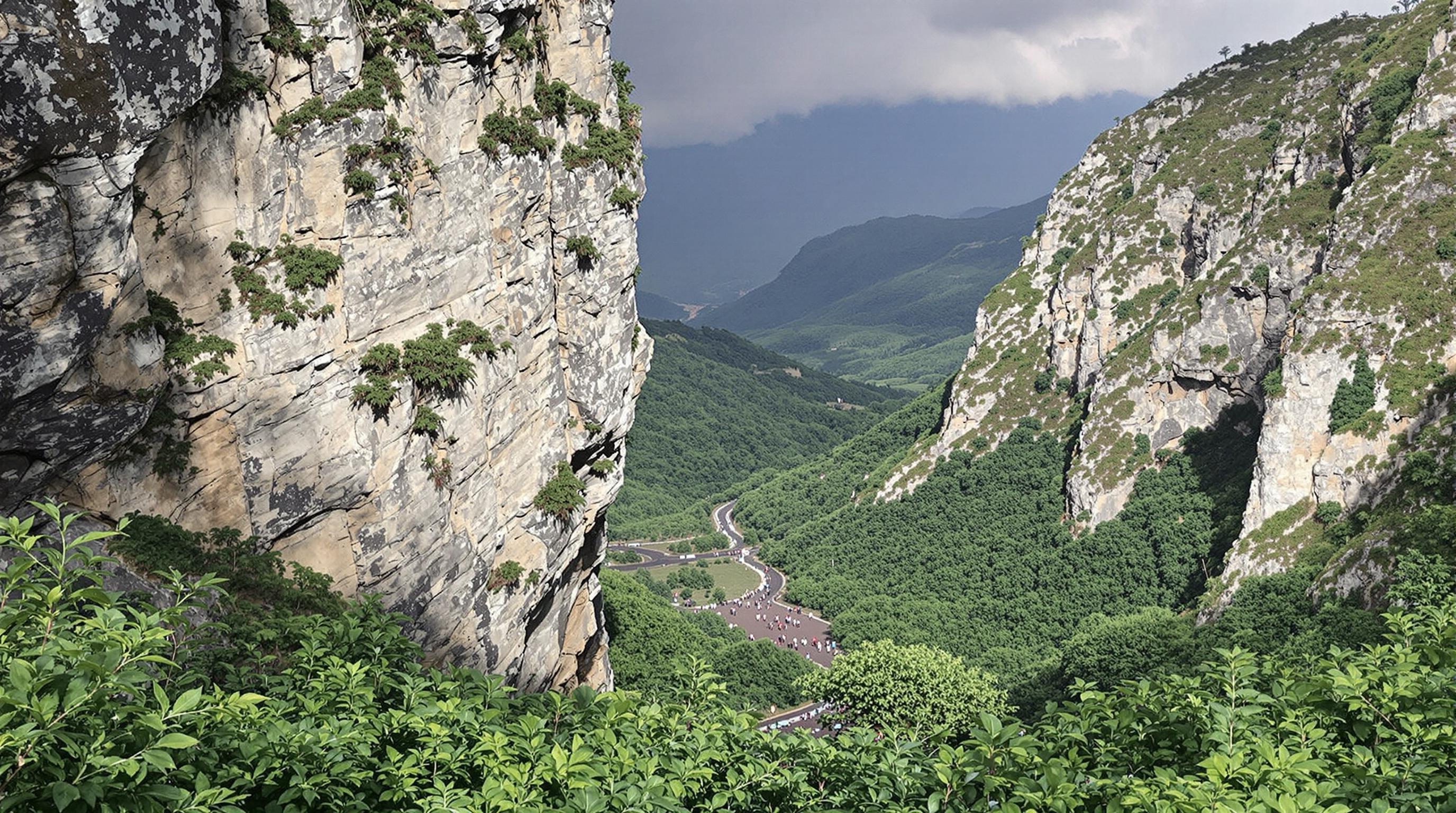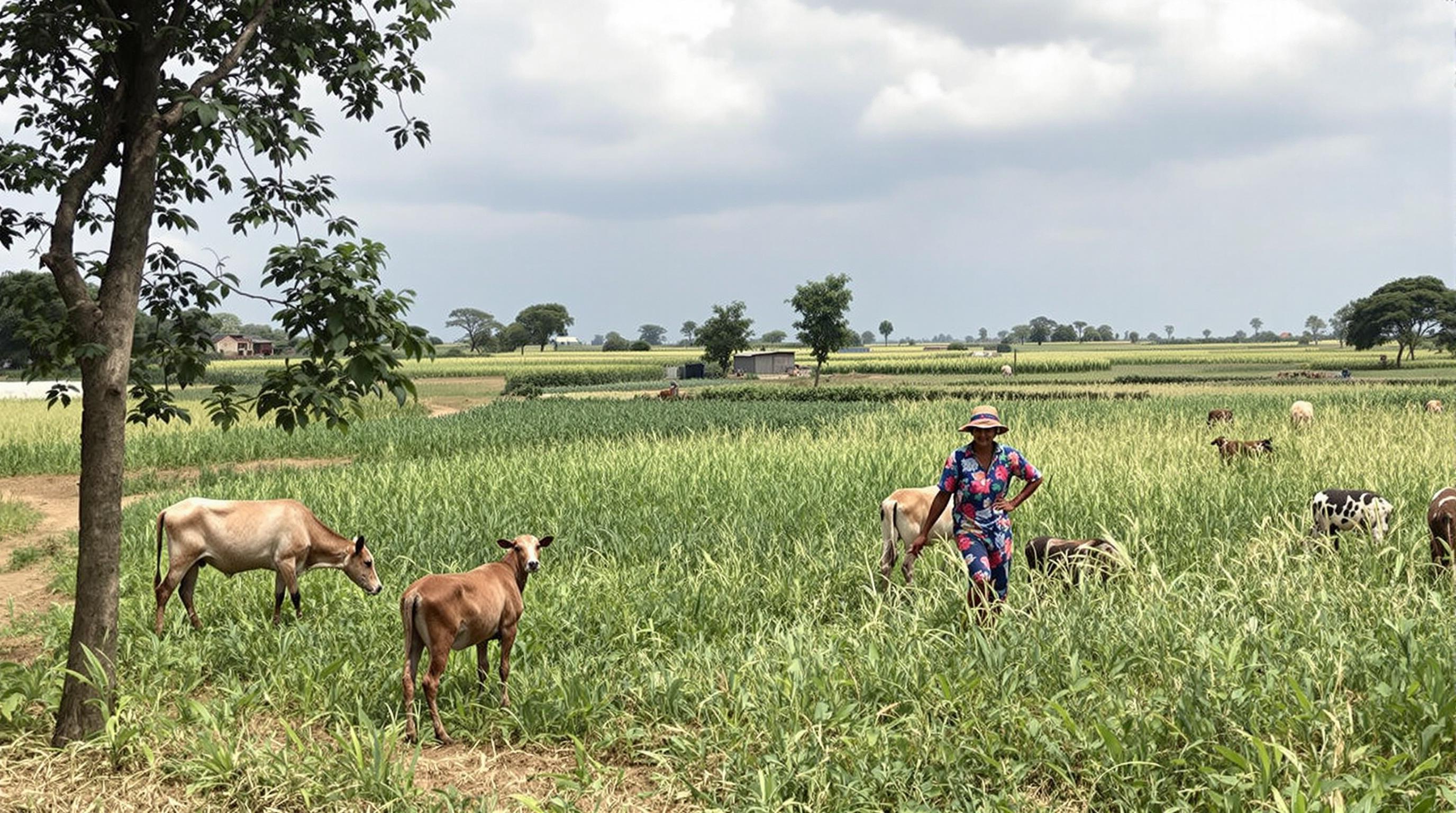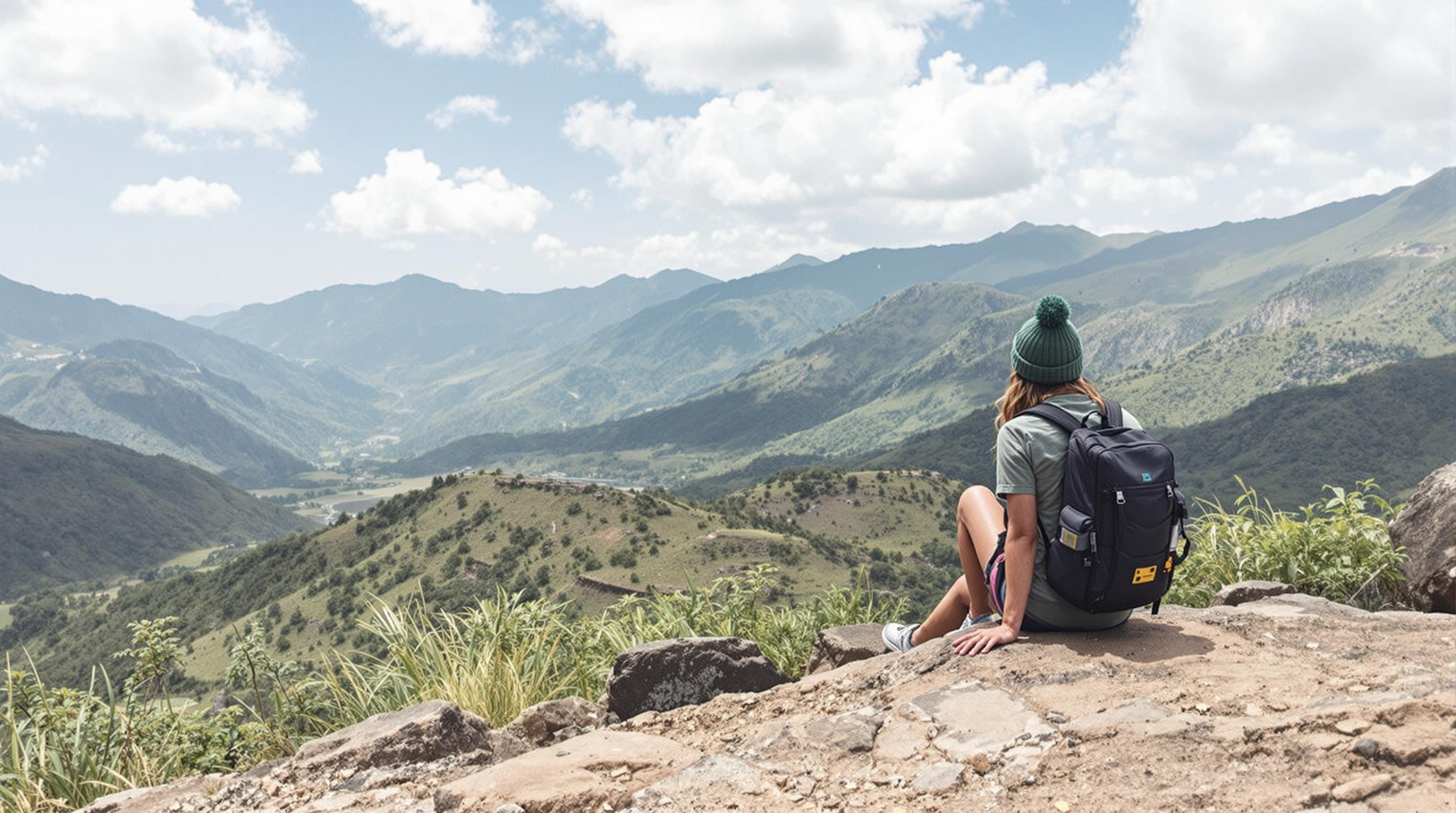Related Articles
- Culinary Cartography: The Unexpected Foods Shaping Local Identity in Urban Landscapes
- Flavors of the Forgotten: Rediscovering Culinary Traditions in the Shadows of Modern Food Trends
- Palate Pilgrimage: The Unlikely Fusion of Ancient Rituals and Modern Local Fare
- Ecosystem Engineers: Celebrating the Role of Nature-Based Solutions in Transforming Eco-Travel Experiences
- Ghost Towns and Green Trails: Unearthing Sustainable Journeys Through Forgotten Landscapes
- Hidden Footprints: Decoding the Carbon Footprint of Digital Nomadism in Edging Towards Sustainable Getaways
7 Transformative Practices: How Foraging Tours Are Enhancing Sustainable Tourism and Connecting Travelers with Local Ecosystems
7 Transformative Practices: How Foraging Tours Are Enhancing Sustainable Tourism and Connecting Travelers with Local Ecosystems
7 Transformative Practices: How Foraging Tours Are Enhancing Sustainable Tourism and Connecting Travelers with Local Ecosystems
1. The Resurgence of Foraging
In recent years, foraging has seen a remarkable resurgence as more travelers seek authentic experiences that connect them to nature. This ancient practice, rooted in local customs and indigenous knowledge, is not just about gathering wild edibles; it’s about understanding and respecting the environment. According to a report by the World Economic Forum, sustainable tourism is increasingly focused on local culture and biodiversity, creating a perfect backdrop for foraging tours to flourish.
Foraging encourages a deeper appreciation for local ecosystems as participants learn to identify edible plants, fungi, and even seaweeds in their natural habitats. This engagement not only supports mental well-being but fosters eco-consciousness among travelers and the communities they visit. Many tour operators emphasize the importance of respecting the environment by adhering to sustainable foraging practices, which can help protect biodiversity.
As these tours gain popularity, they also serve as an educational platform. Participants often leave with a new set of skills and a renewed sense of responsibility toward the environment, thus promoting a transformative understanding of their role within it. It’s a collective journey that nourishes not only the body but also the mind and soul, drawing attention to the interconnectedness of all living beings.
2. Strengthening Local Economies
Foraging tours provide a unique avenue for strengthening local economies. By connecting travelers directly with local foragers, chefs, and artisans, these tours create opportunities for economic empowerment. As reported by the United Nations World Tourism Organization, sustainable tourism strategies can significantly contribute to local job creation and the enhancement of regional economies.
Moreover, foraging tours encourage visitors to engage with local markets and crafts, leading to an increase in sales for local producers. Participants often find themselves purchasing homemade jams, local wines, or foraged goods after their tour, thus creating a symbiotic relationship between travelers and the community. This fosters not only economic ties but a sense of belonging and mutual respect.
Local guides, often deeply versed in the tradition and knowledge of the land, become crucial in sharing their stories and cultural heritage. These interactions enrich the traveler’s experience, adding depth and authenticity to the journey. As travelers invest in local businesses through foraging tours, the positive impact ripples out, benefitting the entire community and reinforcing the importance of protecting these ecosystems.
3. Educating Future Generations
Foraging tours play a vital role in educating future generations about the importance of sustainability and environmental stewardship. As people engage in foraging, they learn valuable skills such as identifying and harvesting wild food, which can foster a lifelong connection to nature. According to researchers from the University of Massachusetts, practical ecological knowledge is often best absorbed through hands-on experiences.
In addition, these tours often emphasize the significance of biodiversity and the need to preserve local ecosystems. Tour operators frequently incorporate lessons on plant biology, seasonal cycles, and the role of various species within the food web. This educational aspect empowers participants to take what they learn back to their communities, spreading awareness and encouraging sustainable practices.
Educational foraging tours can also be tailored for schools and youth programs, providing an opportunity for children and young adults to step outside their classrooms and engage with the environment directly. This exposure not only nurtures life skills but instills an appreciation for natural resources and the critical importance of protecting them for future generations.
4. Promoting Mental Well-Being
The act of foraging has been shown to promote mental well-being by encouraging mindfulness and connection to the environment. As travelers traverse through forests, fields, and coastlines, they often experience a sense of peace and tranquility. Research published in the Journal of Environmental Psychology highlights the mental health benefits associated with spending time in nature, including reduced stress and improved mood.
Foraging requires focus and attention, drawing people into the present moment as they search for edible delights. This immersive experience can lead to a form of nature therapy, where participants disconnect from their daily lives and engage deeply with their surroundings. As they learn to appreciate the complex relationships within ecosystems, foragers often experience a heightened sense of gratitude and connection.
This mental rejuvenation is particularly important in today’s fast-paced world, where disconnection from nature is increasingly common. Foraging tours provide a unique antidote, allowing participants to recharge and renew their spirits while also obtaining food directly from the earth. As the connection to self and nature deepens, individuals often leave with a transformed perspective on their role within the environment.
5. Fostering Cultural Exchange
Foraging tours provide an exceptional opportunity for cultural exchange between travelers and local communities. As participants enjoy hands-on experiences, they learn not only about the local ecosystem but also about the traditions, stories, and culinary practices that surround foraging. This rich interplay of knowledge fosters mutual understanding and respect.
Local guides often share folklore and historical anecdotes corresponding to the plants and practices. These narratives add layers of meaning and insight, making the experience both educational and rewarding. The value of this cultural exchange cannot be understated; it humanizes the travel experience, allowing participants to return home with more than just memories — they leave with a deeper appreciation of culture.
By participating in foraging, travelers also contribute to the preservation of local traditions and knowledge that may be at risk of fading. Each interaction creates a bond that enriches both the traveler’s and the local’s understanding of their shared humanity and dependency on the earth's resources, thus encouraging a collective commitment to sustainability.
6. Enhancing Culinary Tourism
As the culinary tourism landscape continues to grow, foraging tours are carving out a niche by offering unique, fresh, and local experiences. Chefs and food enthusiasts are increasingly emphasizing the value of foraged ingredients in their menus, providing an authentic taste of local flavors that cannot be found in conventional establishments. Reports by Culinary Institute of America highlight the increasing trend toward incorporating foraged ingredients to create distinctive dining experiences.
Foraging tours can include cooking classes where participants learn how to prepare their wild finds. This combination of skills not only broadens their culinary repertoire but creates a sense of accomplishment and creativity. The thrill of transforming foraged ingredients into a meal offers an immersive way to connect with local culture through food.
Moreover, as foraging plays a vital role in local cuisine, it promotes a farm-to-table approach that is both sustainable and environmentally friendly. Travelers can return home with recipes and newfound culinary skills, further amplifying the impact of the tour as they share their experiences with friends and families, effectively extending the conversation around local sourcing and sustainability.
7. Supporting Conservation Efforts
The rising popularity of foraging tours has significant implications for local conservation efforts. Many tour operators advocate for sustainable foraging practices that prioritize the health and regeneration of ecosystems. By emphasizing the importance of responsible harvesting techniques, participants learn how to forage without depleting resources, thereby supporting ecosystem balance.
Additionally, a portion of the proceeds from many foraging tours often goes to local conservation organizations. This model of aligning tourism with environmental stewardship ensures that the natural spaces travelers love are protected for future generations. Collaborations between tour operators and conservation groups also provide an avenue for sharing vital ecological knowledge and raising awareness about local environmental issues.
As travelers connect with local ecosystems, they become ambassadors for conservation. By sharing their experiences and learnings with broader audiences, foraging tours not only contribute to heightened awareness about biodiversity but also inspire collective action to protect these invaluable resources. Together, travelers and locals can advocate for sustainable practices that honor the land and preserve its treasures.




